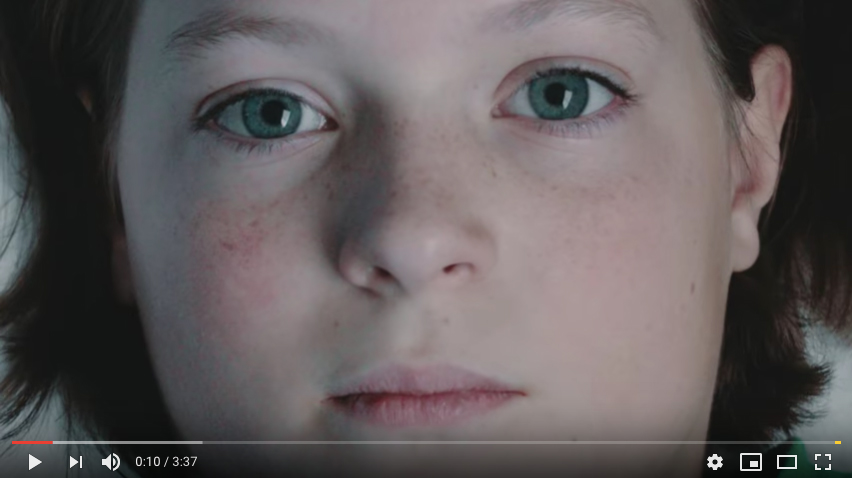Monologue for an Onion
I don’t mean to make you cry.
I mean nothing, but this has not kept you
From peeling away my body, layer by layer,
The tears clouding your eyes as the table fills
With husks, cut flesh, all the debris of pursuit.
Poor deluded human: you seek my heart.
Hunt all you want. Beneath each skin of mine
Lies another skin: I am pure onion—pure union
Of outside and in, surface and secret core.
Look at you, chopping and weeping. Idiot.
Is this the way you go through life, your mind
A stopless knife, driven by your fantasy of truth,
Of lasting union—slashing away skin after skin
From things, ruin and tears your only signs
Of progress? Enough is enough.
You must not grieve that the world is glimpsed
Through veils. How else can it be seen?
How will you rip away the veil of the eye, the veil
That you are, you who want to grasp the heart
Of things, hungry to know where meaning
Lies. Taste what you hold in your hands: onion-juice,
Yellow peels, my stinging shreds. You are the one
In pieces. Whatever you meant to love, in meaning to
You changed yourself: you are not who you are,
Your soul cut moment to moment by a blade
Of fresh desire, the ground sown with abandoned skins.
And at your inmost circle, what? A core that is
Not one. Poor fool, you are divided at the heart,
Lost in its maze of chambers, blood, and love,
A heart that will one day beat you to death.
■
Hello Friends,
“Monologue for an Onion” by
Suji Kwock Kim (a former Stegner Fellow! Go Stanford!) is an outstanding example of a
persona poem — a dramatic monologue in which the poet takes on the voice of a historical figure, a fictional character, or sometimes even an inanimate object.
I want you to think about this though: Why do we have a special term for “persona poem” in the first place? When you read a novel written in the first person, do you automatically assume that “I” means “I,” and you’re reading about the actual life of the novelist? Probably not, unless the cover claims it’s an autobiography, right? When a fiction writer uses the first person, it’s not typically called a “persona novel” or a “persona short story;” it’s just called a short story or a novel.
But when we read poems, a lot of us do assume “I” means “I” — that we’re reading about the actual experiences of the poet. There’s a whole genre of
confessional poetry that reinforces and plays on this notion, using the first person to draw the reader in even closer to deeply personal emotions. A lot of us may also have used “I” to mean “I,” writing about our own experiences during our first attempts to write poetry as a child or a teenager.
I’m here to break it to you that, even when a poem is based on personal experience, “I” doesn’t automatically mean “I” anymore than it means an onion. “I” is typically a narrative device the poet thoughtfully chose, just like a novelist does. There are lots of poems based on personal experiences that are not in the first person, and there are lots of poems written in first person that are not autobiographical.
So: Do you think a persona is one of the “veils” Suji Kwock Kim refers to?:
You must not grieve that the world is glimpsed / Through veils. How else can it be seen?
Or is a persona a way of ripping away veils?:
How will you rip away the veil of the eye, the veil // That you are, you who want to grasp the heart / Of things, hungry to know where meaning / Lies. Notice the line break at “Lies” — and how even though the sentence starts with “How will” it does not end in a question mark.
Perhaps the persona is both — you are ripping away one set of veils you are used to, but ultimately just swapping them for another set of veils. And that’s the closest we can get to any “fantasy of truth” — comparing veils upon veils upon veils. Is that a “union”? I think of the “you” in this poem as a scientist. What do you think? Should scientists, perhaps particularly people working on algorithms and artificial intelligence, read more poems?
I hope you’re enjoying poetry month so far! Happy Friday.
— Ellen
